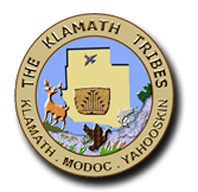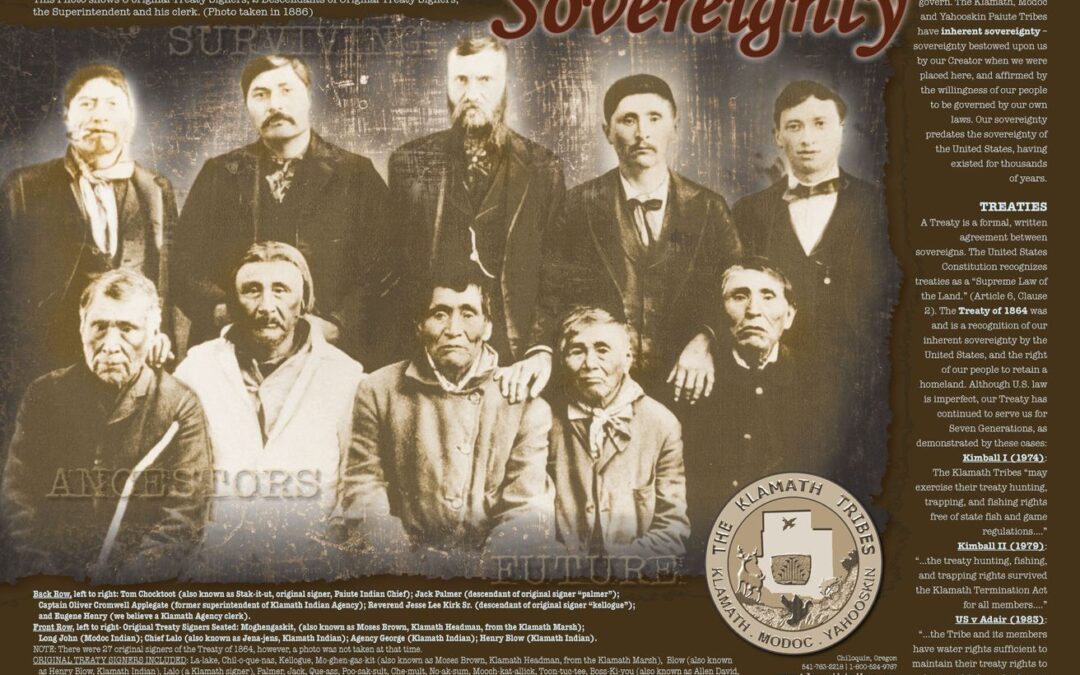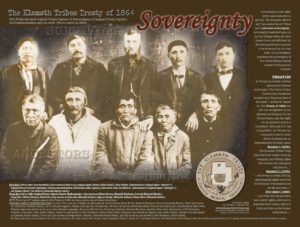Search
Categories
- Classes (3)
- News (86)
- Obituary (70)
- Press Releases (39)
- PSA (2)
- Public Event (5)
- Public Notice (2)
- Reclaiming Your Language (115)
- Training (1)
- Tribal Event (3)
- Uncategorized (3)
- Word of the Day (190)
Archives
- April 2024 (2)
- March 2024 (1)
- February 2024 (2)
- January 2024 (6)
- December 2023 (3)
- November 2023 (5)
- October 2023 (5)
- September 2023 (5)
- August 2023 (11)
- July 2023 (6)
- June 2023 (8)
- May 2023 (12)
- April 2023 (3)
- March 2023 (6)
- February 2023 (1)
- January 2023 (7)
- December 2022 (1)
- November 2022 (5)
- October 2022 (4)
- September 2022 (10)
- August 2022 (5)
- July 2022 (1)
- June 2022 (1)
- April 2022 (9)
- March 2022 (9)
- February 2022 (5)
- January 2022 (3)
- December 2021 (1)
- October 2021 (2)
- September 2021 (5)
- August 2021 (3)
- May 2021 (13)
- April 2021 (24)
- March 2021 (21)
- February 2021 (24)
- January 2021 (19)
- December 2020 (22)
- November 2020 (17)
- October 2020 (13)
- September 2020 (6)
- August 2020 (22)
- July 2020 (27)
- April 2020 (1)
- March 2018 (1)
- December 2017 (1)
- August 2016 (1)
- June 2015 (1)
- May 2015 (1)
- June 2014 (1)
- April 2014 (1)
- June 2012 (1)



